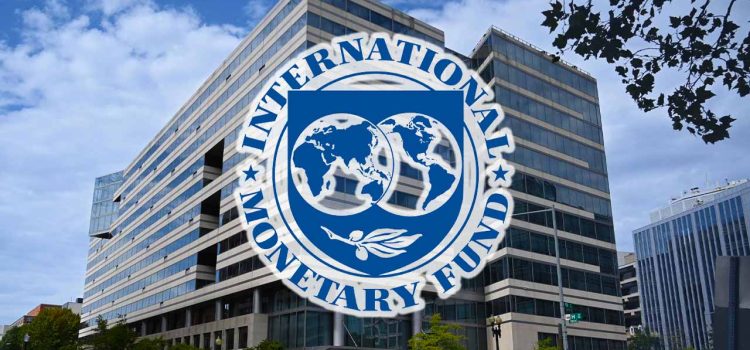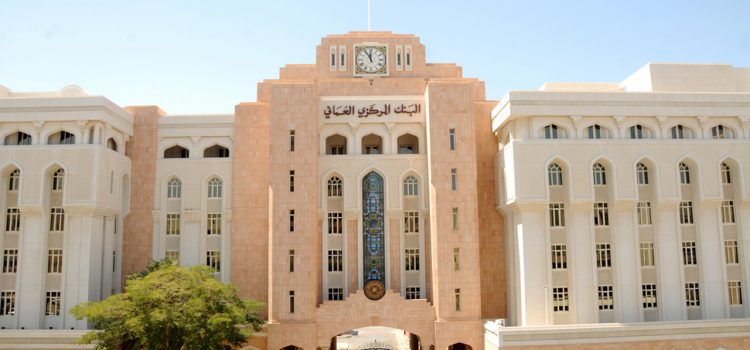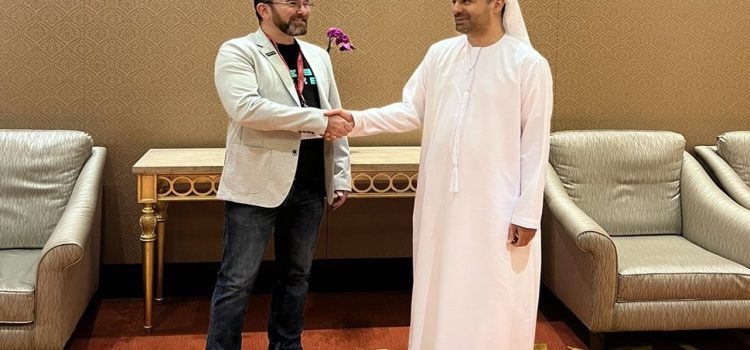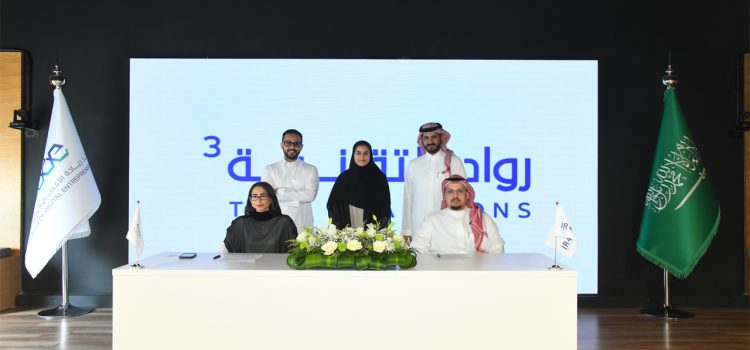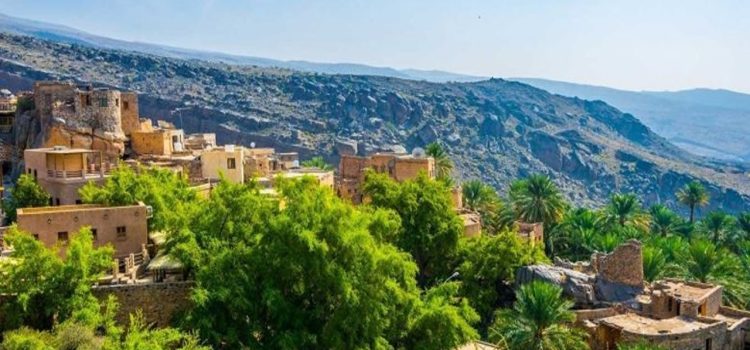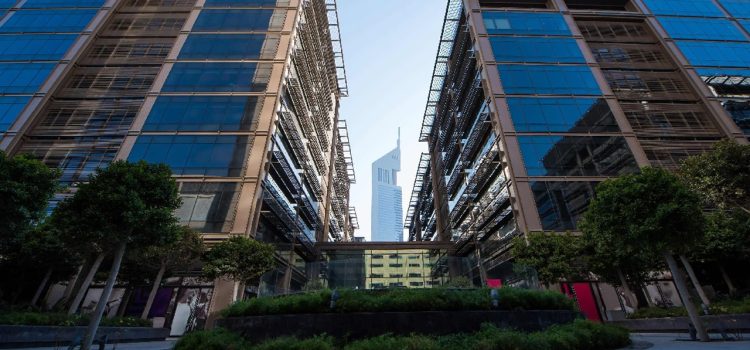
IMF discussed its new draft methodology for the supervision of virtual assets during a recent fintech roundtable organized by the International Monetary Fund (IMF) staff, in collaboration with the UAE Executive Office of Anti-Money Laundering and Counter Terrorism Financing. Interestingly the methodology project was financed by a number of countries including Qatar and Saudi Arabia.
In attendance were participants from 15 countries including Bahrain and Saudi Arabia.
Hamid Al Zaabi, Director-General of the EO AMLCTF, stated, “The UAE continues to raise the effectiveness of its regulatory framework for VAs and VASPs to attract innovative firms and keep out illicit actors seeking to exploit the global financial system. We are delighted to partner with the IMF team to give supervisory authorities across the world the opportunity to strengthen international cooperation and be part of the design process of an important new methodology for VA/VASP supervision”.
Chady El Khoury, Deputy-Division Chief of the Financial Integrity Group within the Legal Department at the IMF, noted the broad consensus among participants on the need for urgent actions to mitigate the potentially significant ML/TF risks emerging from VA and VASPs.
He explained, “It is critically important that countries carry out robust AML/CFT risk-based supervision of VASPs, and that assessing the associated ML/TF risks is the starting point of an effective AML/CFT supervisory regime.”
Participants at the workshop identified a range of issues, including a lack of capacity and resources for supervisory agencies and data collection/analysis gaps. They agreed on the need for strong collaboration among AML/CFT supervisory agencies and upgrading existing ML/TF supervisory risk assessment models to accurately assess VA and VASPs.
In the absence of a clear solution to deal with data collection and related gaps, supervisors may need to rely on models that are more tuned into the inherent risks that VASPs pose with the decision on whether to incorporate data (e.g., transaction level analysis on VA flows) on a case-by-case basis. Finally, a more connected and active community for collaboration between AML/CFT VA and VASP supervisors would help countries to better understand and address cross-border ML/TF risks.
Over the coming months, IMF staff will follow up with participants and incorporate feedback on the methodology. Once finalised, the methodology will form part of the Legal Department of the IMF’s CD toolkit that the organisation will start providing to countries by mid-year 2025.
The methodology was developed under a project that is financed by a donor-supported Canada, France, Germany, Japan, Korea, Luxembourg, the Netherlands, Qatar, Saudi Arabia and Switzerland trust fund to finance CD in AML/CFT at the IMF with excellent support from the UAE to host the event.








